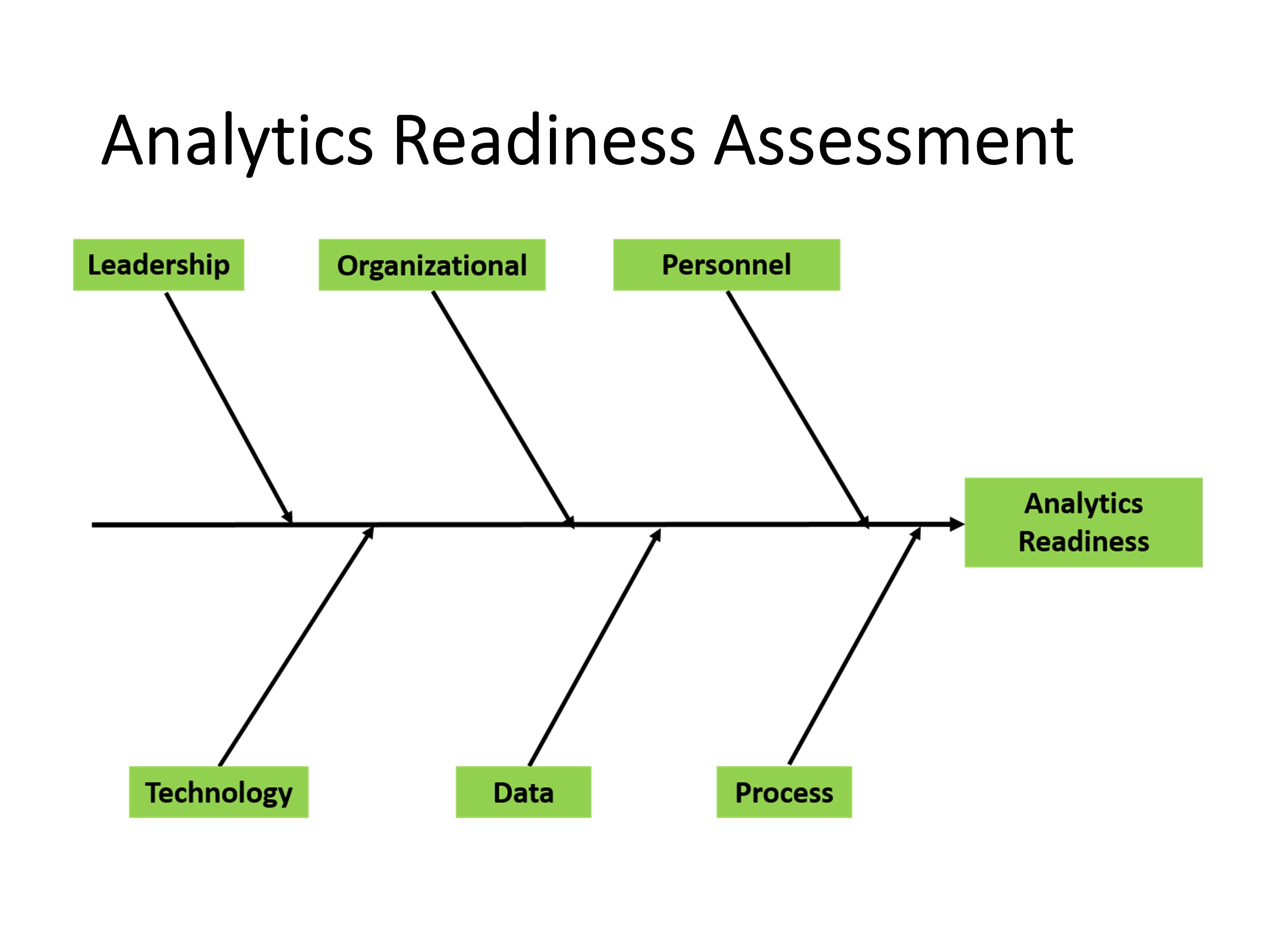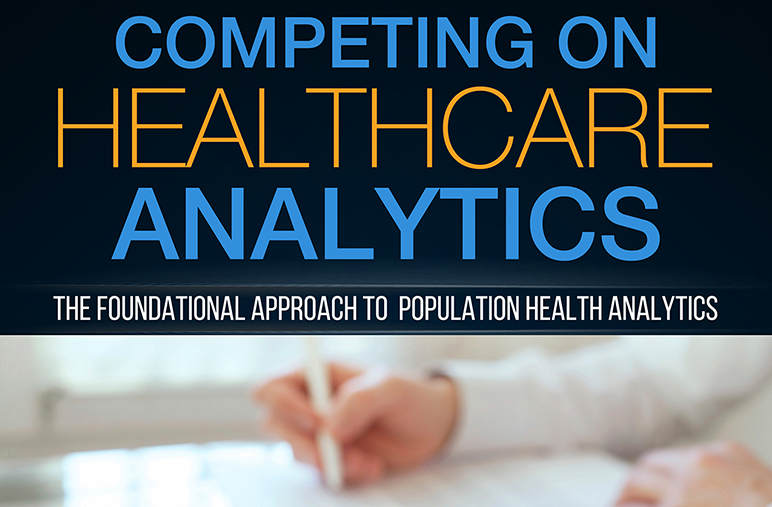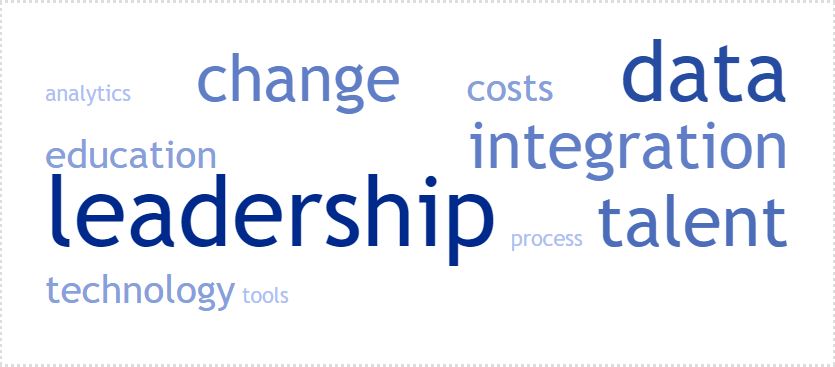Your Population Health Analytics Needs…From Start to Finish
New Assessment and Discovery Tools
A couple of the most asked questions I receive from attendees at the conferences I speak at or attend is how to effectively start an analytics program and how do they take their current analytics program to the next level. These are tough questions for most healthcare organizations and areas I addressed in my book, Competing on Healthcare Analytics. The success of the book led me to believe that there was more that we could be doing to help healthcare organizations take the next step. After all, I helped Microsoft with their first global analytics function.






